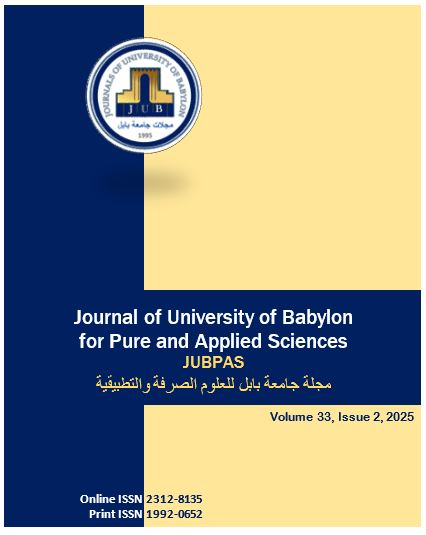Modern Approaches to Hepatitis C Virus Diagnosis and Prevention in Hemodialysis Patients: A Review
Main Article Content
Abstract
Chronic kidney disease (CKD) as well as other organ systems could be impacted by Hepatitis C virus (HCV) infection, a global health issue with a considerable economic and health burden. Furthermore, compared to the general population, the frequency of hepatitis C is still greater in patients who have chronic kidney disease (CKD), such as those receiving chronic hemodialysis and those who have received a kidney transplant. Since Kidney Disease: Improving Global Outcome (KDIGO) released its 2008 guideline for the diagnosis, prevention, and therapy of hepatitis C in CKD, there has been a significant change in the way hepatitis C has been managed. Consequently, KDIGO released an update to such a recommendation in the year 2018. In this review, the suggestion for HCV detection and screening in CKD, HCV treatment prior to and following kidney transplantation, HCV treatment in CKD patients, treatment of kidney disease related to HCV infection, and HCV transmission prevention in hemodialysis units. This review focus on the clinical implications pertaining to direct-acting antivirals in patients undergoing dialysis, individuals afflicted with severe chronic kidney disease, as well as recipients of kidney transplants. This study emphasizes the critical importance of meticulously monitoring potential drug-drug interactions between immunosuppressive therapies and DAAs, discuss the optimal timing for initiating hepatitis C virus treatment in relation to the timing of kidney transplantation. Finally, the study identifies areas of ambiguity that necessitate further research prior to the formulation of definitive recommendation.
Article Details
Section

This work is licensed under a Creative Commons Attribution 4.0 International License.
